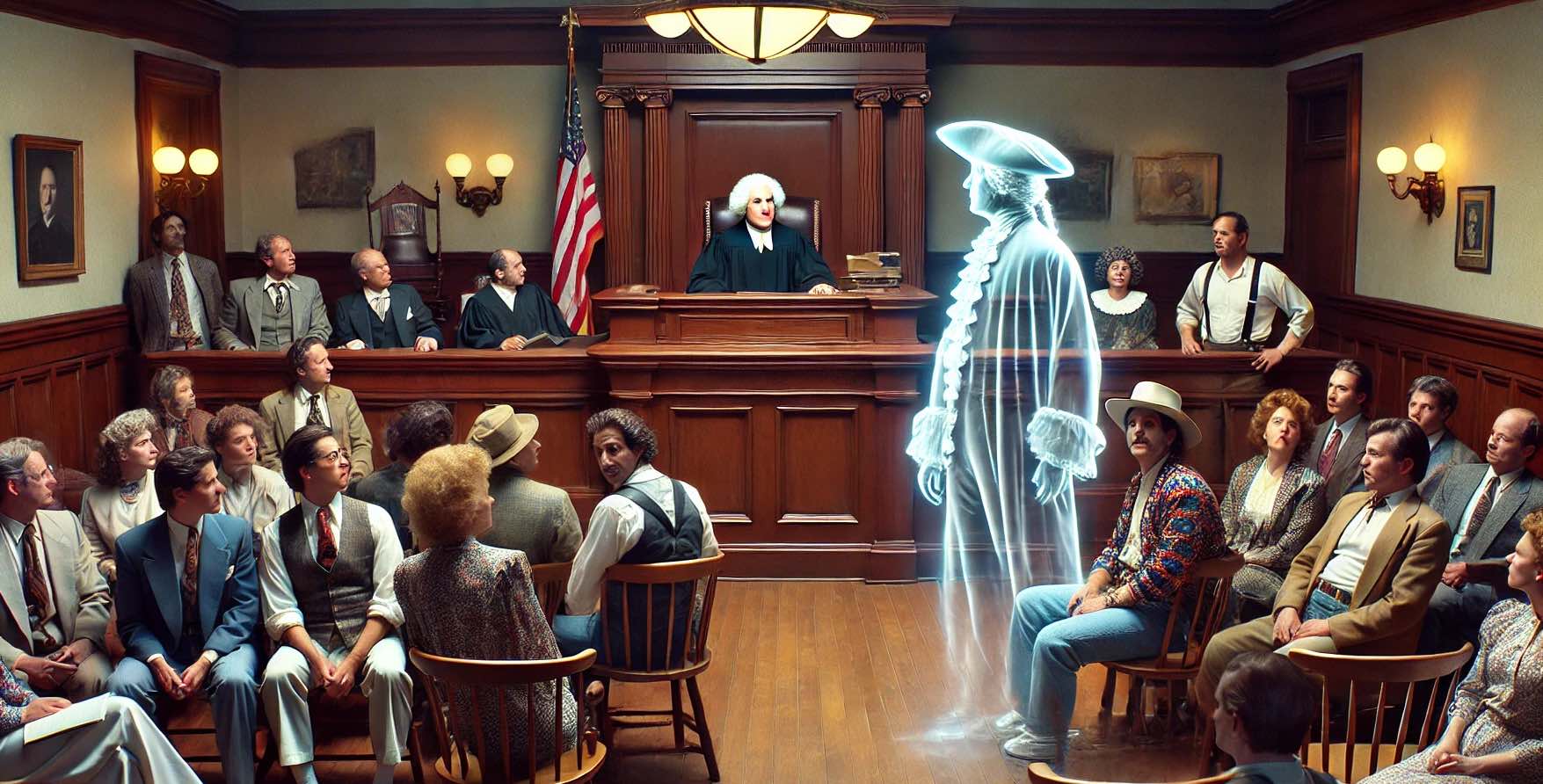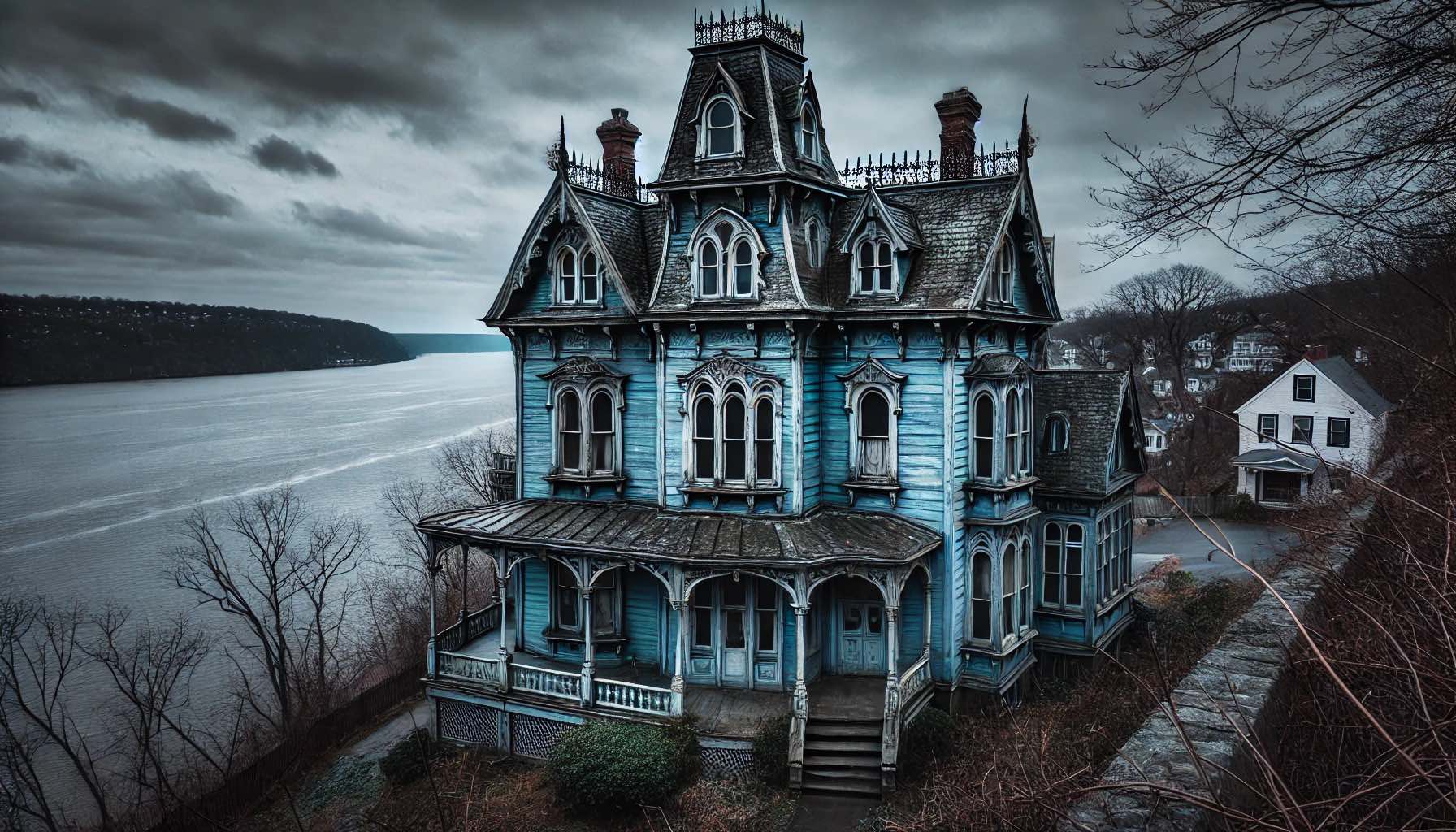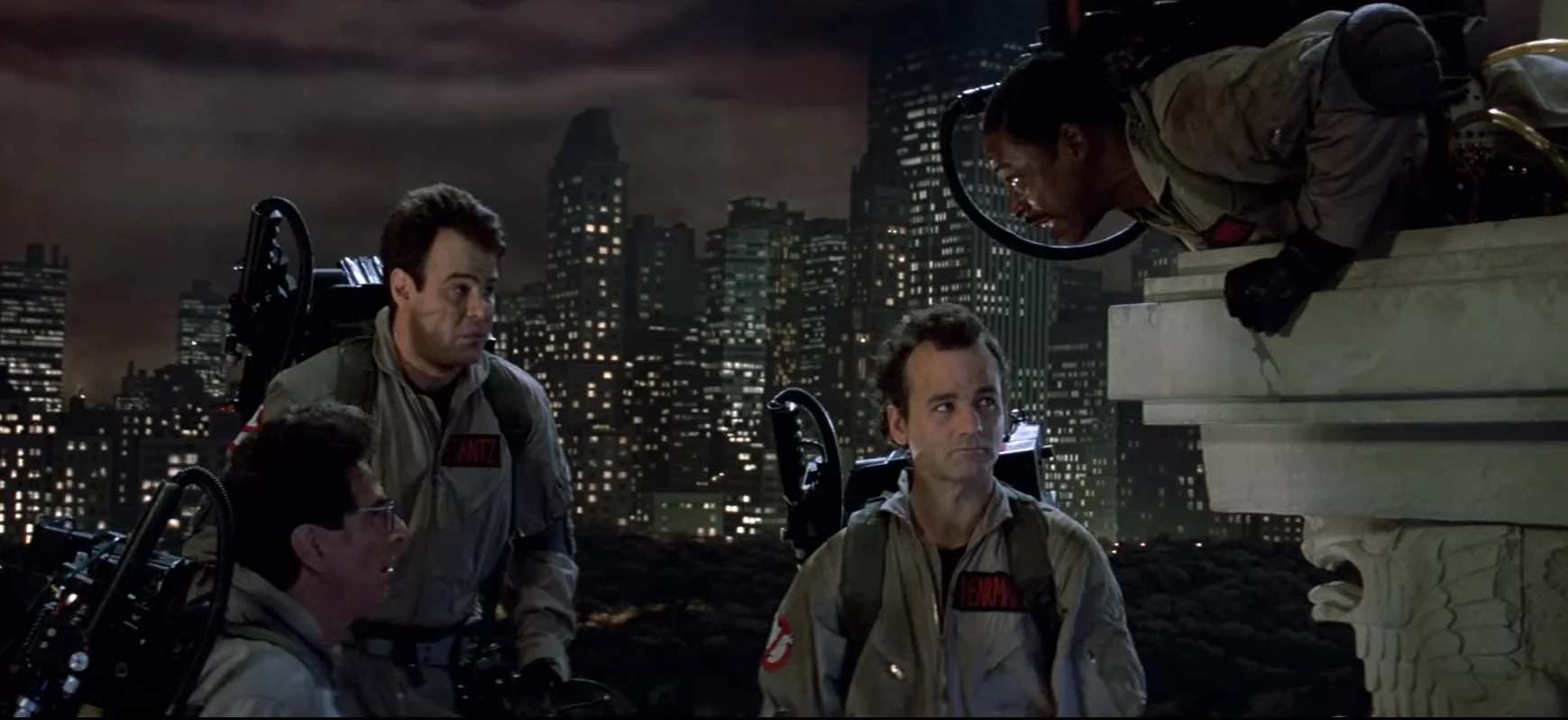1 LaVeta Place on the Hudson River
Ray, If Someone Asks If You’re a God, You Say Yes!
“Ray, when someone asks you if you’re a god, you say yes!”
While the original ‘Ghostbusters‘ movie freaked me out as a kid, and it was definitely the opening library scene that did me in, it remains one of my all time favorites in both comedy and the occult. It’s October, and as we ready ourselves for an onslaught of horror movies and candy, your favorite real estate team is planning an outing up in Salem because we’re feeling the Halloween spirit. Not the store but, like, the feeling. So while we’re hanging out up there touring the spookiest city in the country, viewing colonial real estate, and dining waterside, I wanted to bring up one of my all time favorite real estate discussions. In 1991, we received a ruling from the New York Supreme Court Appellate Division that says hauntings are real, and dubbed it: the ‘Ghostbusters Ruling’.
Stambovsky v. Ackley (Jeffrey M. Stambovsky v. Helen Ackley and Ellis Realty)
In ’91 there’s this house listed in Nyack, New York. The homeowner shares stories of how her family interacts with poltergeists that consistently leave gifts for her children and wakes them on a daily basis by shaking their beds. Anyways, it’s not lost on me that the movie Poltergeist came out in 1982, but these stories about her home started in 1977 in Readers Digest Magazine. It makes local news and it’s known in the Nyack community, even featured on a local walking tour. Here’s 1 LaVeta Place on Zillow for anyone curious.
A buyer, Jeffrey Stambovsky, comes along from out of the area and makes an offer on the home. The defendant, Helen Ackley testifies that she had her broker, Ellis Realty, notify the buyer of the haunting. After contracts are signed the buyer contacts the seller to inquire about these haunting rumors he’s now hearing about. After Helen Ackley tells the buyer, in detail, he basically says, “Nah, that’s okay, I’m good. Thanks but no thanks”. Jeffrey Stambovsky files for rescission of the purchase contract and damages for fraudulent misrepresentation. Stambovsky then skips closing, forfeiting his deposit.

Hauntings Are Real According to the New York Appellate Court
Off to court we go! The New York Supreme court initially dismisses the complaint causing Stambovsky to appeal. The Appellate court was more sympathetic. There was no denying the notoriety and folklore surrounding the house for those in the area, and given the length of time that these stories had circulated the defendant could not deny the impact. There is also no way for the plantiff to reasonably inspect the property for poltergeists. For purposes of the law, this property was deemed haunted and that effected its value. It is worth noting that the dissenting opinion was pretty ticked off about the majority decision. New York law, much like Massachusetts follows Caveat Emptor, a latin term meaning “buyer beware”, and felt the responsibility should rest with the buyer of the property. In their eyes, the buyer should have known enough to conduct a séance. I guess that’s what they were expecting. In seriousness, it would imply the buyer should have conducted their own research about the house prior to presenting an offer. It’s still not quite like going to town hall and pulling permits but I digress. In the end the appellate court says the buyer can certainly back out of the deal, ending that ordeal. An ordeal that’s referenced, printed in textbooks, and brought up by me every October during spooky season.
Catch the discussion with the Real Estate Is Ridiculous Podcast!
Hauntings Today
That’s the -geist of the story, or gist, or whatever. Fast forward back to present day Massachusetts for a moment. Let’s talk about stigmatism in our own state laws. Thanks to the Massachusetts Association of REALTORS®, we have a nice write-up from their own blog covering The Stigmatized Property Law (Chapter 93, Section 114) enacted in 1998. In summary, I as an agent have no duty to investigate a haunting, THANK GOD. Imagine what that even looks like; after the home inspection is wrapping up your agent whips out some candles and a ouija board, telling their clients to “buckle up.”
I had this conversation with Mike Sr. while discussing this case. What would we do if we listed a haunted house? We have certainly represented listings that would be considered stigmatized. Without going into detail, we made those disclosures to the eventual buyer. But that experience wasn’t what we are calling a haunting. We had come to the conclusion that if a listing was perceived haunted, to the point it could potentially effect the property’s value, we would absolutely disclose it.
Personally, from a marketing perspective, I would love to represent that type of home. It certainly has a specific home buyer but there is a strong demand for such a unique type of listing. I have been begging the team to turn some fall listings into fun haunted houses for our opens, but I haven’t made any headway yet. I am still trying, because something that unique has to have some interest, right? You’re with me on this?
Haunted Attractions
If we’re kicking off Halloween 2024 this way, we have to post some fun things to do this Halloween. Right in our back yard at Gore Place you can join in for a night of ghost stories. I haven’t been to one of their Halloween events yet but apparently they have a big following. Buy your tickets early.
This list has Massachusetts’ most haunted locations. I’ve been to a lot of them! Which one’s have you been to and what did you think?
Here’s a cool site that aggregates haunted attractions in Massachusetts. There’s an updated blog that features things to do each weekend of the month. There’s definitely some fun things listed if you are a fan of halloween.
And finally, I find these mortgage rates haunting as well. Please, we’re all scared already, just bring them down.

 Facebook
Facebook
 X
X
 Pinterest
Pinterest
 Copy Link
Copy Link

